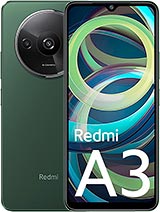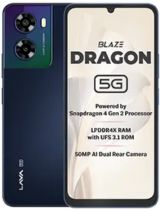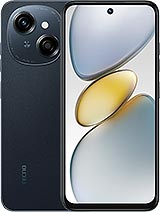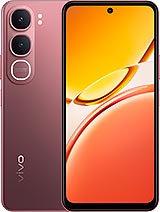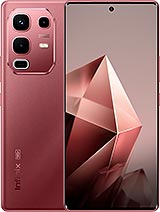Poco C75 alternatives
Tap above to see alternatives.
vivo Y31 Pro alternatives
Tap above to see alternatives.
vivo Y31 Pro
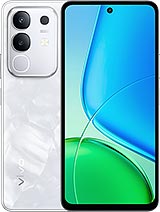
vivo Y31 Pro
-
Dimensity 7300
4 nm
-
6500 mAh
44W
-
6.72"
1080 x 2408 pixels
-
50 MP
4K@30fps
-
Specs

2x2.0 GHz Cortex-A78
6x1.8 GHz Cortex-A55
4x2.5 GHz Cortex-A78
4x2.0 GHz Cortex-A55
8GB 256GB (UFS 3.1)
f/1.8, (wide)
Auxiliary lens
f/1.8, (wide), PDAF
2 MP
f/2.4, (depth)
1080p@30fps, gyro-EIS
f/2.2, (wide)
(wide), f/2.05
SIM1: Nano, SIM2: Nano
7 5G bands
n1, n3, n5, n8, n28, n40, n78
8 5G bands
n1, n3, n5, n8, n28, n40, n77, n78
In this performance comparison, the vivo Y31 Pro with its Mediatek Dimensity 7300 (4nm) performs better than the Poco C75 with the Qualcomm Snapdragon 4s Gen 2 (4nm), thanks to superior chipset efficiency.
Poco C75 offers 2 years of OS updates, whereas vivo Y31 Pro provides 1 years. For security updates, Poco C75 offers 4 years of support compared to vivo Y31 Pro's 1 years.
Both Poco C75 and vivo Y31 Pro use LCD screens. Both smartphones offer the same 120 Hz refresh rate. vivo Y31 Pro also boasts a brighter screen with 1050 nits of peak brightness, enhancing outdoor visibility. Notably, vivo Y31 Pro offers a higher screen resolution, resulting in sharper visuals and more detailed content.
vivo Y31 Pro features a larger 6500 mAh battery, potentially delivering better battery life. vivo Y31 Pro also supports faster wired charging at 44W, compared to 18W on Poco C75.
vivo Y31 Pro offers better protection against water and dust with an IP64 rating.
- vivo Y31 Pro – Check price here
¹ Scores can vary even with the same chipset due to RAM, thermals, and software optimization.


